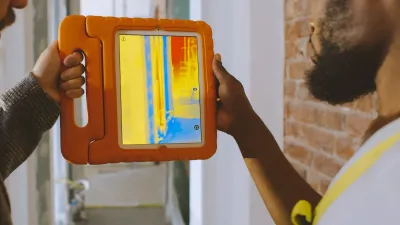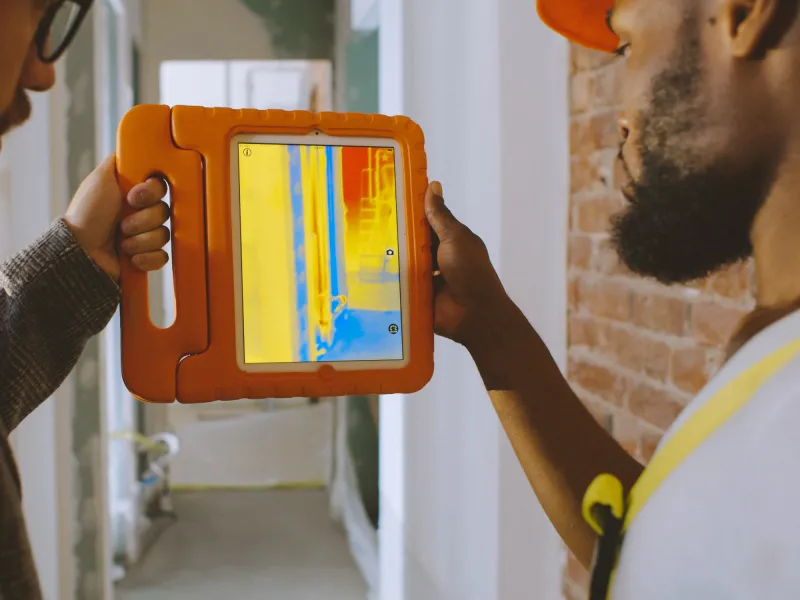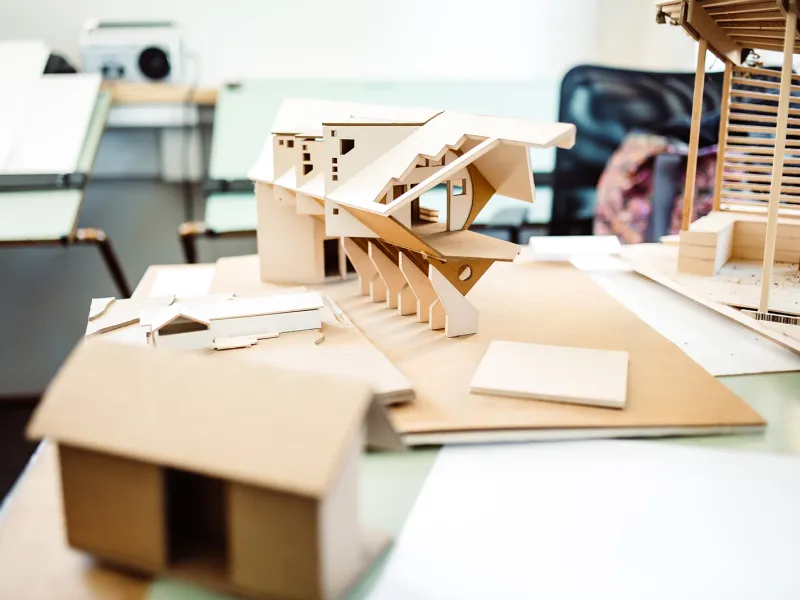
Building Science & Net Zero Design Certificate
Design your own energy efficient, sustainable building.
Through engaging lectures, case studies, hands on demos, and design challenges, you’ll learn the core principles behind high-performance home design. Topics include building science fundamentals, envelope detailing, insulation types and installation methods, mechanical systems, and passive solar strategies. The goal: to help you design a sustainable, comfortable home aligned with your values and with the forces of physics and nature. In the studio, you’ll put theory into practice on a project of your choice.
Whether you're a designer, builder, project manager, property owner, or aspiring professional, a solid grasp of building science and a pathway to net-zero is quickly becoming essential for anyone shaping the built environment.
This course bears 94 AIA HSW credits.


